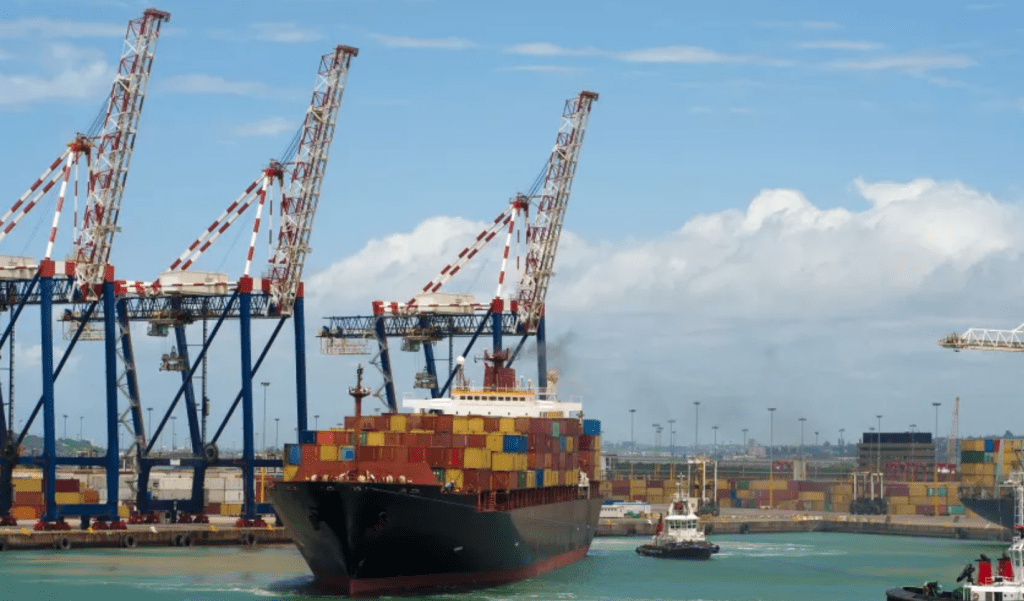Keywords: Global Trade, Economic Growth, Poverty Alleviation, Trade Policy, Trade Impact, Economic Inequality

Introduction
There exists an unequivocal link between trade, economic growth, and poverty alleviation. From 1990 to 2017, the share of global exports attributed to developing countries increased from 16% to 30%. Concurrently, the global extreme poverty rate experienced a sharp fall from 36% to 9%. However, the benefits and detriments of trade are not always equally distributed.
The Trade-Offs in Trade Policies
Trade policy changes inevitably create winners and losers, and this can occasionally dampen public support for trade liberalization, giving rise to a preference for economic nationalism. Even the most fervent trade protectionists must acknowledge the persistent inequality in the distribution of trade’s impact.
Gains and losses from trade are highly concentrated in specific industries, occupations, and regions. To ensure continued support for trade, it’s vital to minimize these disparities by designing and implementing policies that facilitate a wider distribution of trade benefits.
Policy Responses for Wider Distribution of Trade Benefits
A recently released World Bank report, “Trade’s Distributive Impacts: Empirical Innovations, Analytical Tools, and Policy Responses,” not only analyzes the undeniable connection between global trade and poverty reduction but also enhances our understanding of how “trade shocks” (i.e., abrupt increases or decreases in trade volume) affect impoverished populations and how trade policy can ensure a broader sharing of trade benefits.
For instance, certain economic sectors thrive with the liberalization of trade policies, leading to job creation and increased wealth for individuals involved in those sectors. However, other sectors may suffer, resulting in job losses and financial instability for those affected. As such, government policies should consider these factors and implement safety nets for those adversely affected while promoting sectors that stand to gain the most.
Conclusion: Turning Trade into a Tool for Poverty Alleviation
In conclusion, trade plays a pivotal role in stimulating economic growth and alleviating poverty. However, the benefits and detriments of trade are unevenly distributed, making it essential to adopt policies that ensure a more equitable sharing of trade benefits. The World Bank’s report is a step forward in understanding and leveraging trade’s distributive impacts.
Your thoughts and questions on this topic are greatly welcomed. The exchange of ideas and insights can help us better understand how to harness the power of trade to create a more prosperous and equitable world.







